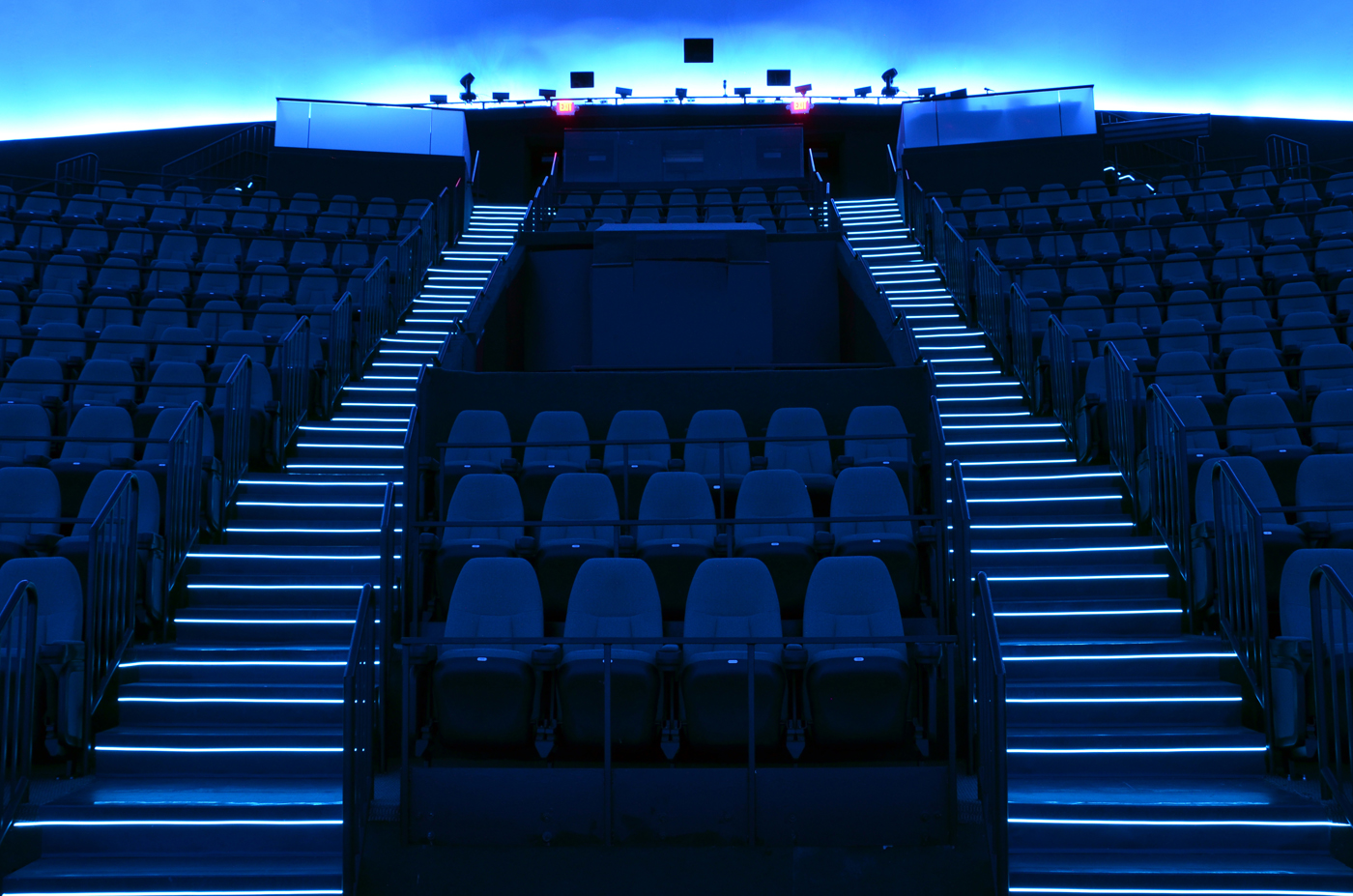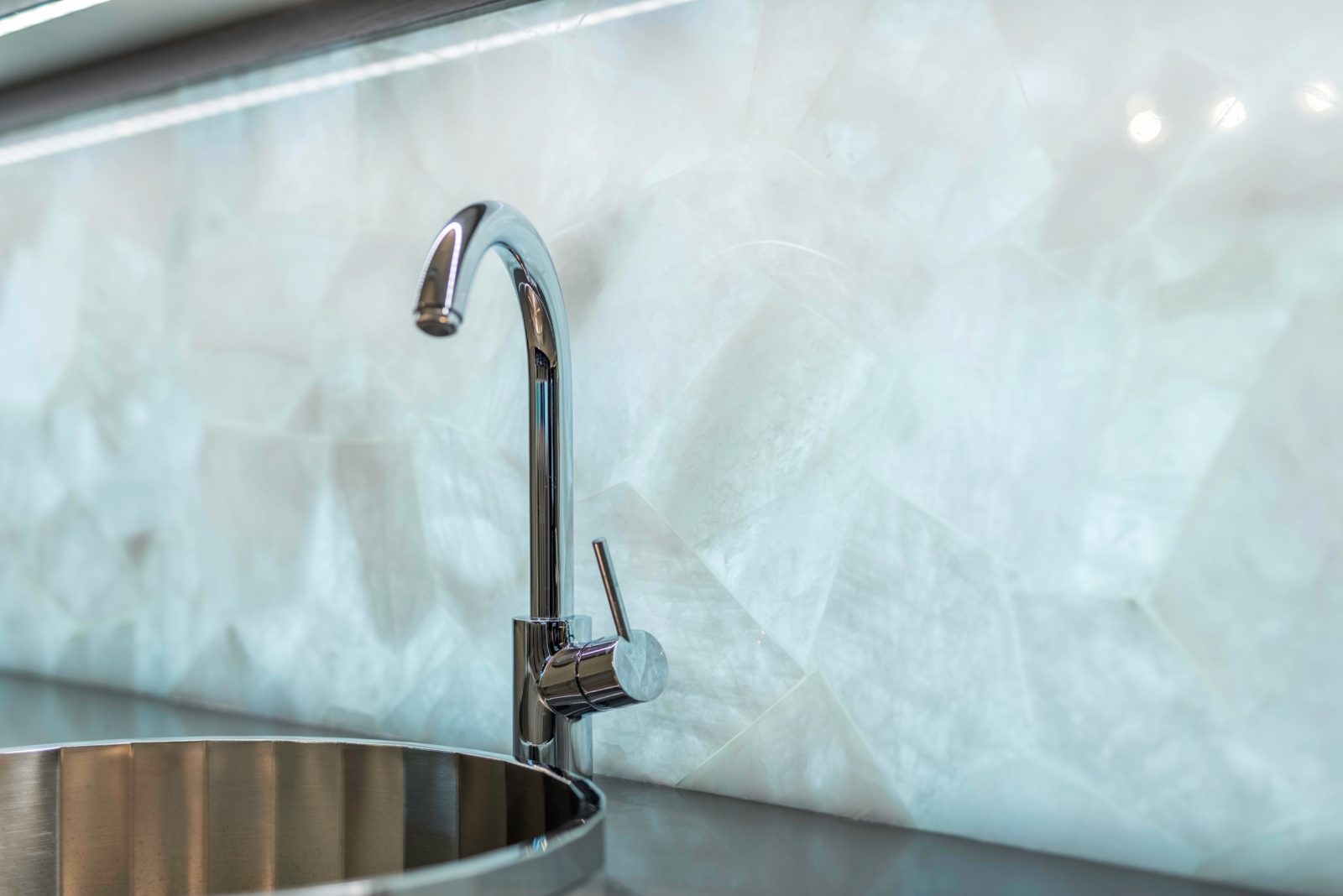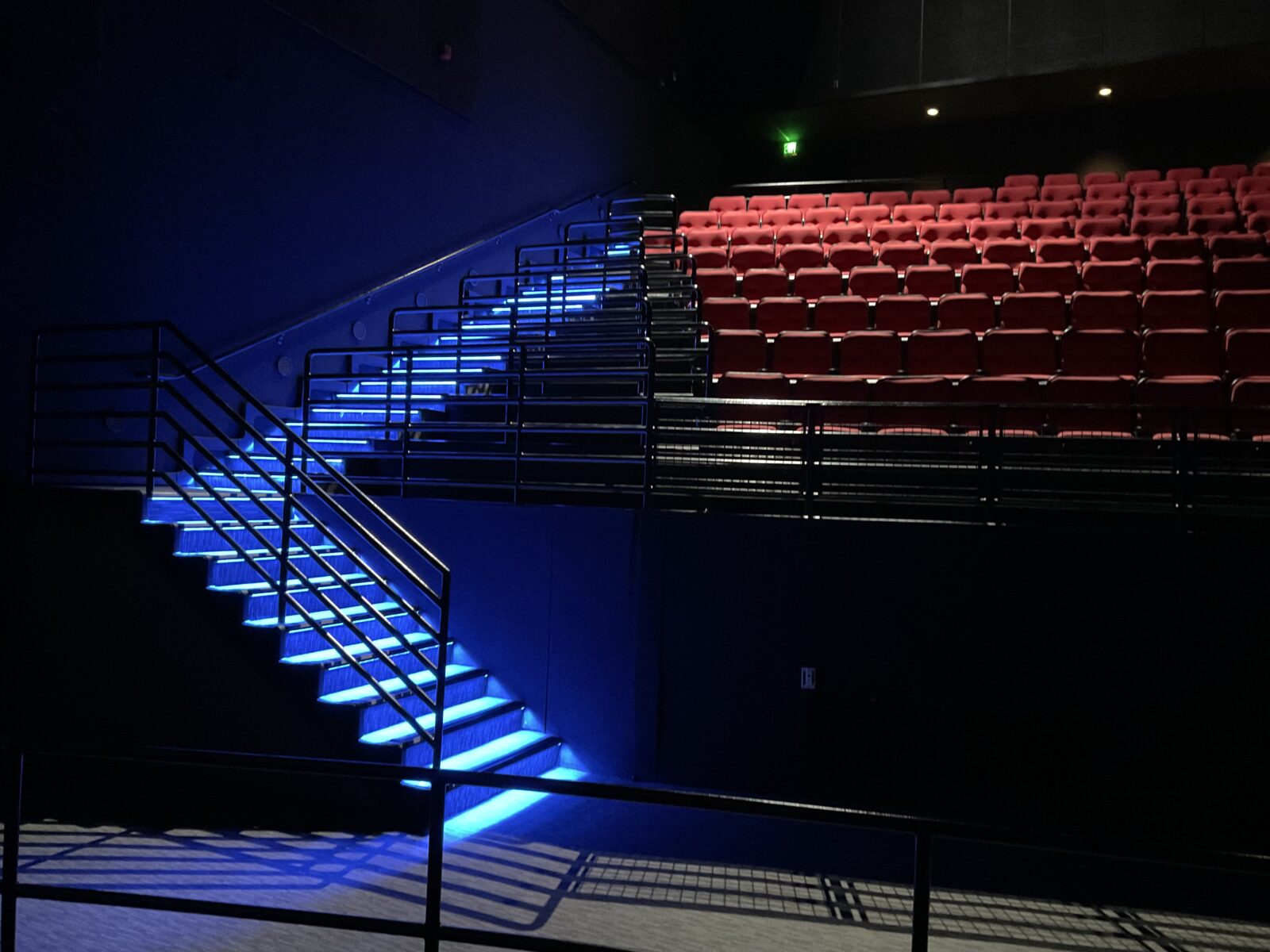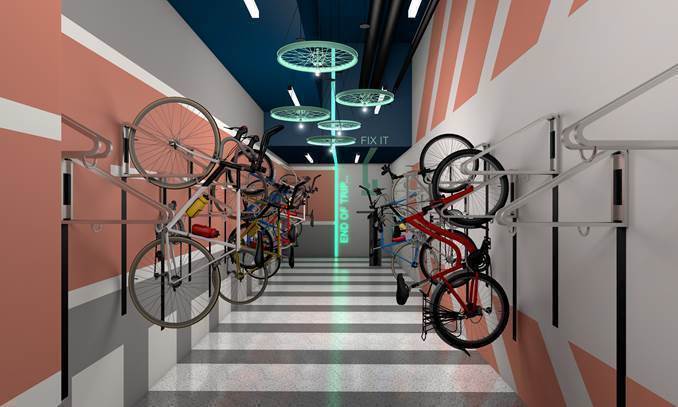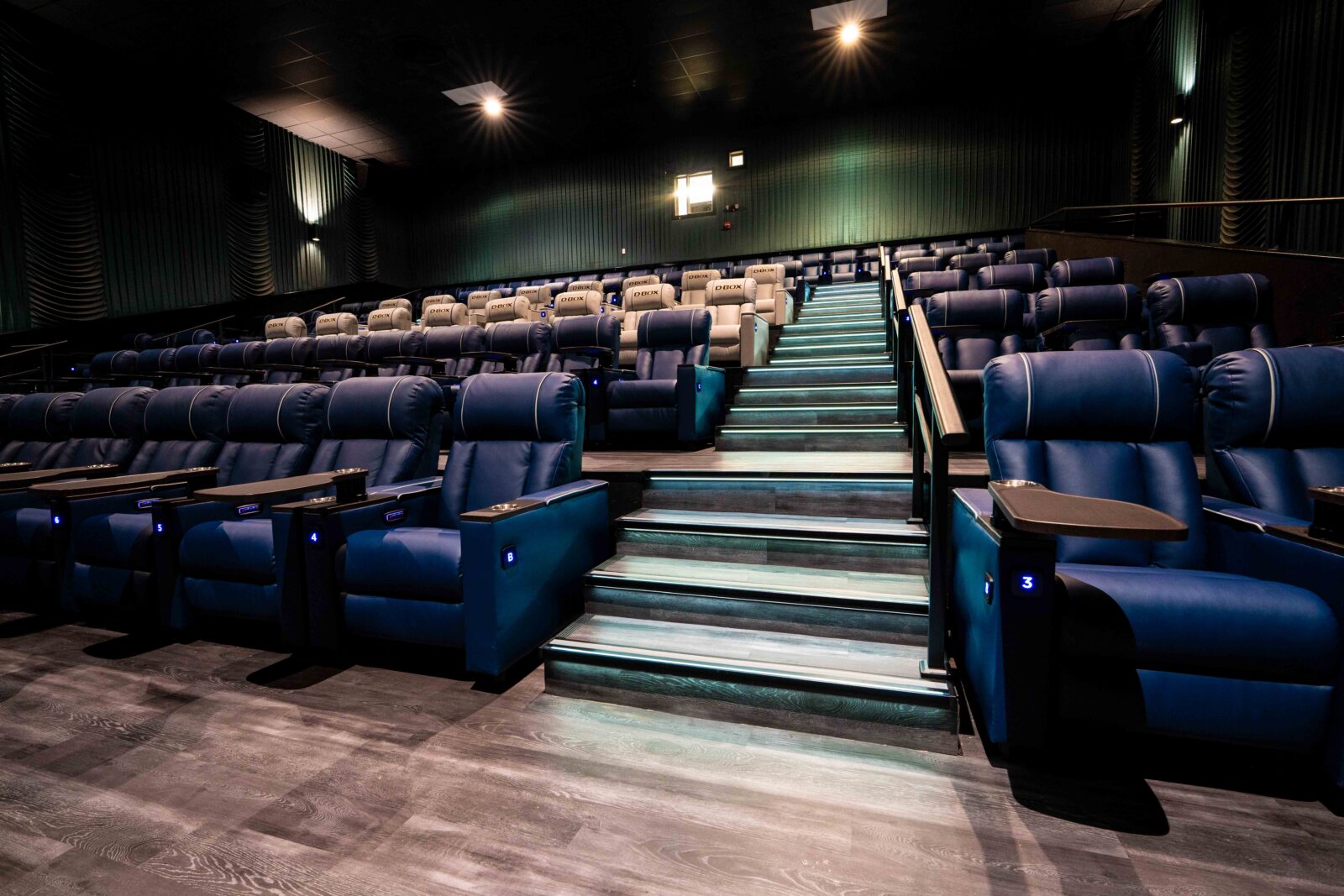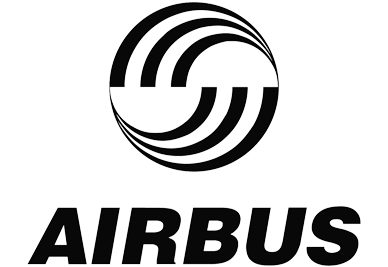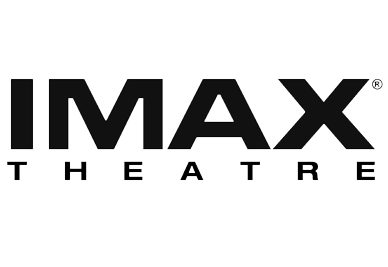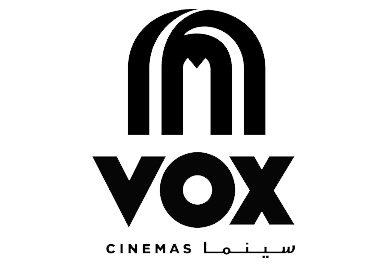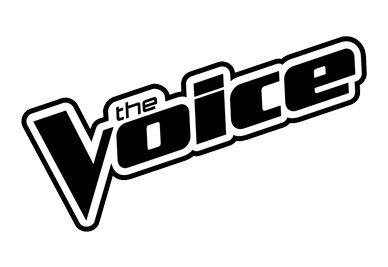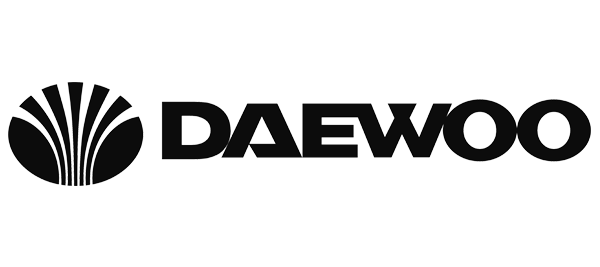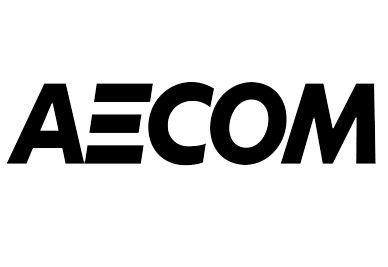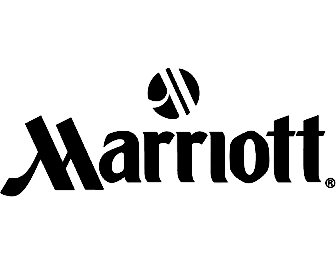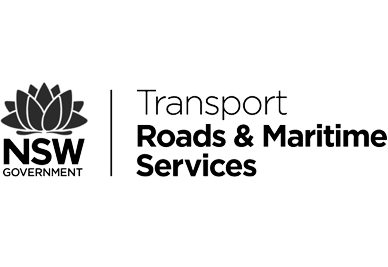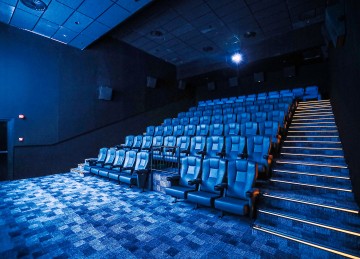
How to Get Feedback on Theater Lighting, Seating, and More
No matter the situation, everyone seems ready to dish out critiques after an event or outing with friends:
“The seats were so comfy I was going to fall asleep.”
“It kinda smelled funny in there.”
“That music was really loud.”
“The food was great.”
But when you actually ask them to rate their experience, they’re much less likely to offer anything more than a surface-level, “Yeah, it was fine.”
So, how do you get honest and sincere feedback from your guests about their experience? We’ve compiled a list of 10 ways to gather this feedback yourself, as well as a list of service providers that can help survey visitors and collect feedback for you.
10 Ways to Get Feedback on Visitors’ Experience at a Movie Theater
Before we jump in, it’s worth pointing out before jumping into these items that people respond to incentives. While some are kind enough to take the time to leave feedback, others might need a push. Small tokens of appreciation like free popcorn, drinks, candy, or even discounts on tickets can all be used in combination with the items below if needed.
Post-Visit Surveys
Send digital surveys via email or SMS after a visit to gather structured feedback on all aspects of the moviegoing experience, from seating comfort to concessions and staff interactions. This can be done through membership programs associated with your theater or chain.
In-Theater Feedback Forms
Place physical or digital kiosks in the lobby or near exits for immediate guest feedback on their experience. This is a bit more old-school but can still provide a way for guests to share real concerns while the experience is fresh in their minds.
Mobile Feedback Apps
Utilize mobile apps like SurveyMe that let customers provide real-time feedback during or after their visit, often with instant rewards like free popcorn.
Social Media Monitoring
Monitor and respond to comments, reviews, and direct messages on platforms like Facebook, Instagram, and Twitter to gauge public sentiment and address issues. This is a bit more manual and could be a good task for an intern or part-time employee.
Online Review Platforms
Encourage guests to leave reviews on Google, Yelp, or TripAdvisor, and analyze these for recurring themes or concerns. As a tip, make sure you respond to all your reviews—both good and bad. Guests appreciate this, and it often encourages more feedback.
Mystery Guests
Hire third-party mystery guests to evaluate the entire guest journey, providing objective, detailed reports on service, cleanliness, and overall experience. Avoid just paying any random person; there are professional services you can hire for this. Friends and family can also help if you really need it.
Customer Support Channels
Track and analyze feedback from customer service interactions—calls, emails, or live chat—to identify pain points and opportunities for improvement. This requires systems in place to collect and record all feedback. While sometimes costly, these systems provide valuable insights into areas where your guests’ experience can be enhanced.
Focus Groups
Host small group discussions with regular patrons to dive deeper into specific aspects of the theater experience. This is a more old-school and time-consuming method. Not to say they aren’t valuable, but often the same feedback can be gathered more easily via email or SMS.
Loyalty Program Feedback
Use your loyalty program to solicit targeted feedback from frequent guests, who often provide valuable, actionable insights. Your longtime and dedicated customers are some of your biggest assets—they know which theaters are best, which seats have broken recliners, and where theaters might be dirtier. Offering additional rewards for a few minutes of their time could be a major value-add.
Interactive Polls During Pre-Show
Display quick polls or QR codes on the big screen before the movie starts, prompting guests to share feedback in real time. This is a common way for theater owners and operators to get feedback. A simple QR code that appears before the film starts lets guests scan it and leave a review once the feature is over.
Companies/Services That Offer Feedback Solutions for Movie Theaters
There are a number of reputable companies that offer products and services to help you capture the feedback you need to improve your church, theater, auditorium, or space in general.
| Company/Service | What They Do |
|---|---|
| Market Force | They do mystery shopping, run custom surveys, and handle follow-ups for movie theaters—basically helping theaters understand what guests love, what needs work, and how to fix any issues. |
| SurveyMe | They’ve got a mobile app that lets guests give feedback in real time—and even get instant rewards like free popcorn. Big theater chains like B&B Theatres are already using it. |
| InMoment | Their system uses AI to collect feedback at every step of the guest journey—from surveys to online reviews to phone interactions—and then breaks it all down into insights theaters can actually use. |
| SuperSurvey | They offer easy-to-use survey templates made just for movie theaters, so it’s super simple to gather feedback and see what guests are thinking. |
| EmbedSocial | They’ve put together feedback form templates that cover all the key stuff—movie quality, amenities, and service—and their tools make it easy to track and analyze responses. |
| Zonka Feedback | They specialize in digital surveys made for movie theaters, helping you find out what guests think about the seating, the service, and their overall experience. |
These companies help theaters systematically gather, analyze, and act on visitor feedback to enhance the moviegoing or event experience.
What can a Venue Do?
If you own, operate, or manage a large venue—such as a theater, church, auditorium, or concert hall—the options above can be invaluable for collecting both qualitative and quantitative insights. Occasional verbal feedback is useful, especially for responding to immediate concerns, but truly understanding what makes a visit memorable and encourages guests to return is essential. Whether it’s the lighting, the seating, the acoustics, or the food, the tools provided above offer an excellent starting point for building a robust feedback strategy.

